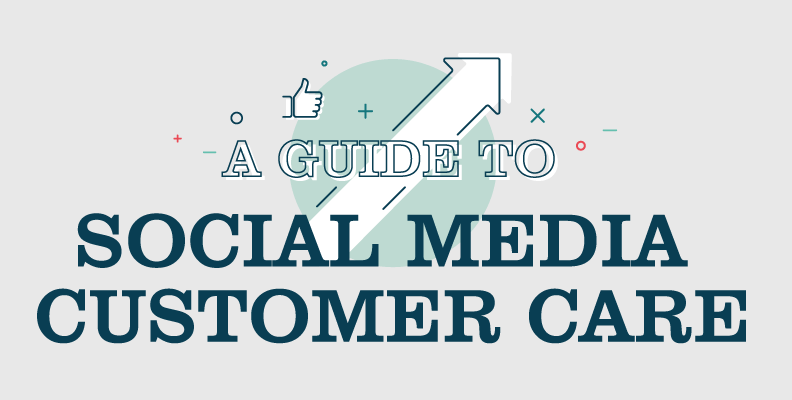How to Build Your Business Expansion Plan
Business expansion doesn’t occur overnight. It takes careful planning to ensure that you have all the right tools to build up your company and stay on track for success. No matter what industry you’re in, a business expansion plan can help you strategize, budget and even secure the business funding you need to fuel your business growth.
When written properly, your plan should ideally include a few key areas to serve as a guide as you progress. The planning process may seem daunting at first, so we’ve created a quick, easy-to-use guide to help you get started.
What to Have in Your Business Expansion Plan
While it may vary depending on your specific purposes, here are the most common sections you can include in your business expansion plan:
Executive Summary
Perhaps the most critical aspect of any business expansion plan, this section provides a brief overview of your business and how you expect to build it up over time. Though you should aim to keep it concise, it often serves as a first impression of your plan to potential investors, so draw attention to details such as:
- Growth targets
- Current and projected operating costs
- Expansion costs
- Overall marketing approach
Since the executive summary is based on your business expansion plan as a whole, it’s typically recommended that you write this section last. Remember, it helps to convey enthusiasm here, as it can communicate to your audience that you’re prepared to execute your plan.
What You Offer
Next, clearly outline your business’s unique value proposition (UVP), also referred to as the unique selling proposition (USP). In this section, you’ll discuss what makes your products or services stand out in the market and how expanding will make you more competitive. As you write, ask yourself:
- How would you describe your full line of products or services?
- Why are they important or how do they benefit your customers?
- What can you bring to the market that other companies don’t?
Don’t be afraid to be confident when describing your business value — but keep in mind that your statements should be as honest and accurate as possible.
Company Structure
In the following section, identify the executive and management team that will oversee the growth of your company. It may be helpful to include any additional participants that will be involved in the expansion, including:
- Your company controller or accountant
- Account managers
- Consultants and advisors
- Current investors
You can also detail your specific role, including any responsibilities you will personally manage as part of the business expansion plan.
Day-to-Day Operations
While it is optional, it could beneficial to outline your daily operations in your business expansion plan. Here, you’ll have the opportunity to showcase your efficiencies and how they’ve contributed to the success of your business thus far. Then, you can propose a strategy for how you will optimize your operations as you expand.
Plan for Expansion
After you’ve explained the ins and outs of your business, it’s time to get into the specifics of your expansion. Now you can clearly describe your main objective and how you intend to achieve it. You’ll want to go through each step of the overall process, such as product launches, store openings and recruitment.
It’s important to highlight key details regarding your expansion plan here, including:
- Metrics and key performance indicators (KPIs)
- Hiring and staffing needs
- Potential new business locations
- Any licenses or permits necessary
Depending on your specific purposes, this section may vary widely. Just make sure to cover all of the information you need to communicate your growth strategy effectively.
Marketing Analysis
In your marketing analysis, briefly describe your current market position and how you expect it to shift throughout your expansion. Consider the following questions to help you fill out this section:
- What is the size of your market?
- Who are your direct and indirect competitors?
- How do you compare in terms of price, quality or service?
- What are others in your industry doing to grow successfully?
Marketing Strategy
Once you’ve assessed your market, you can propose your marketing strategy as part of the expansion. Identify your target audiences, key geographical areas and advertising tactics. You may also want to describe any industry trends you will leverage to gain market share.
It’s understandable if you don’t have a fully established marketing plan at this point. Generally speaking, you just want to ensure that you’ve thought through the overall process of how you will go to market.
Financial Data and Projections
Using your most up-to-date information and forecasts as a guide, you’ll want to include key financial data to support your business expansion plan. Given that investors, business lenders and partners are likely to focus on your finances specifically, it’s a good idea to include documents such as:
- Sales reports
- Balance sheets
- Profit and loss (P&L) statements
- Financial projections
Not only will this information help you persuade stakeholders to buy in, it can also assist you in determining the overall cost of your business expansion.
Appendix
To conclude, you can bring up any other materials that may support or provide a clearer picture of your expansion. This can also serve as a list of references for the specific details you mention throughout your plan, for instance:
- Executive and management resumes
- Financial documents and agreements
- Advertising and marketing collateral
- Market research studies
When in doubt, if you have a piece of information that you can’t find a proper place for elsewhere, you can always add it to the appendix. No matter what you choose to include in your business expansion plan — just be sure it serves your goal of growing your business successfully.







